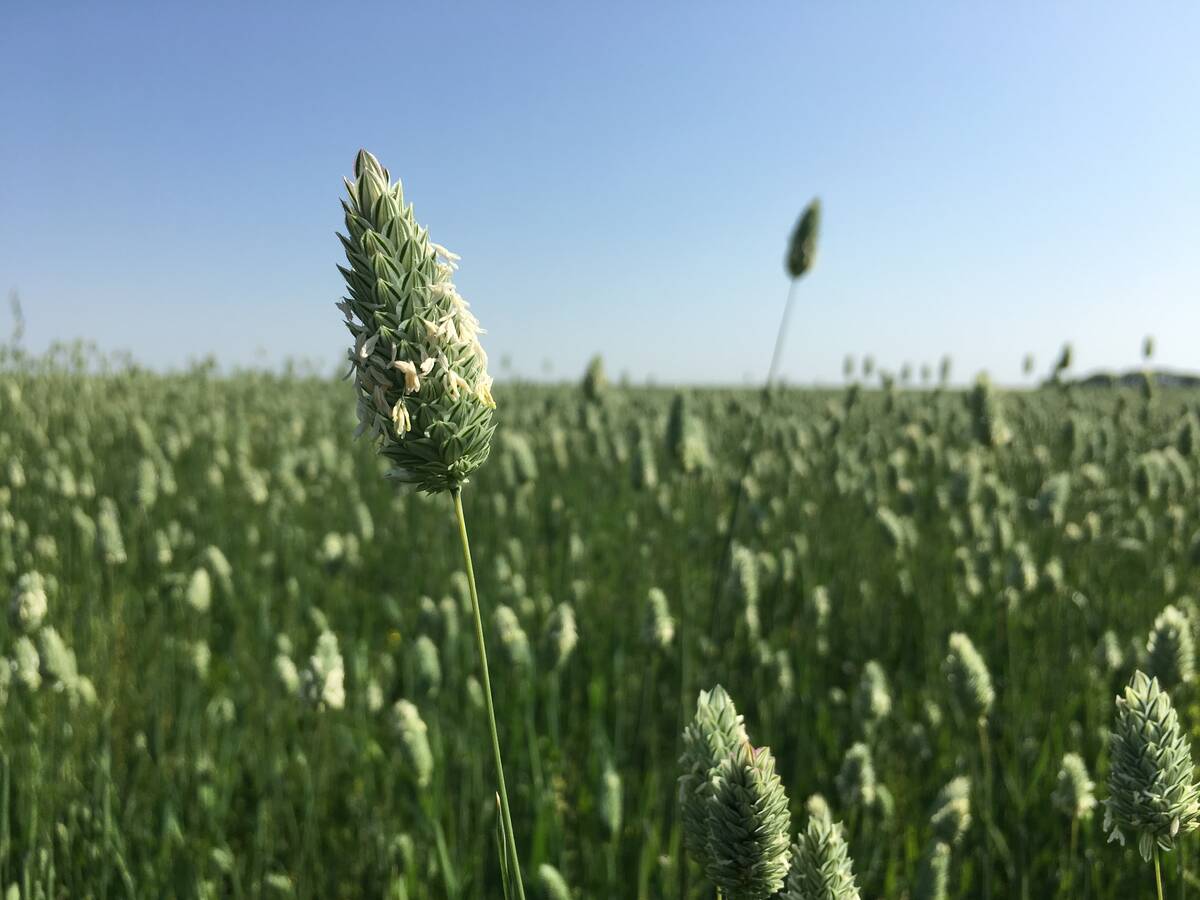At a town hall meeting with Prime Minister Justin Trudeau in Regina last week, questions about immigration, housing costs and even government spying in peoples’ bedrooms came up before Jason Leblanc of Estevan, Sask., could finally ask about the federal carbon tax.
Nearly an hour into the Jan. 10 public event at the University of Regina, no one had raised the coming tax, even though there is fairly widespread opposition to it and the provincial government is challenging its constitutionality.
Leblanc said the province’s farmers and energy sector have done what they can already to mitigate greenhouse gas emissions.
Read Also

No special crop fireworks expected
farmers should not expect fireworks in the special crops market due to ample supplies.
“Have you heard of the terms continuous cropping?” he asked Trudeau. “When’s the last time you saw diesel exhaust being emitted from a diesel truck?”
He said competitors such as China are emitting much more carbon than Canada and yet those who have adapted and done their best to mitigate emissions are being punished.
“You’re cutting the very arm off that puts the equalization payments down to your part of the country,” Leblanc said.
“Why would you charge a carbon tax on something that is not even proven to be factual and taking money away out of our pockets?”
Trudeau replied that climate change is real and a challenge that has to be dealt with now.
“We are right now in a situation where we are perhaps the first generation that knows how to solve this problem but also the last generation that is actually going to be able to do anything to solve this problem and save the ecosystems and the planet that we have. That is the issue we have,” he said.
The prime minister noted that flooding in Saskatchewan two years ago cost the economy about $600 million, and more extreme weather events are going to happen.
He said the government recognizes it has to fight climate change in a way that also protects the economy and supports “regular” people.
And, he said that the average family in Saskatchewan will be $200 ahead in the first year of the tax because of the incentives the federal carbon will provide.
Rural residents outside Regina and Saskatoon get a 10 percent supplement on top of that.
Leblanc wasn’t satisfied with the answer to his question, saying afterward that Trudeau answered in circles.
He said the applause that greeted Trudeau’s answer was an indication that the crowd didn’t understand the province’s economic engines.
“I would say 80 percent of these chairs (had) no interest in oil or agriculture or anything to do with Saskatchewan but were here because it’s kind of cool,” he said.
The town hall meeting included a wide range of questions about support for mental health, pipelines, steel tariffs and arms deals with Saudi Arabia.















